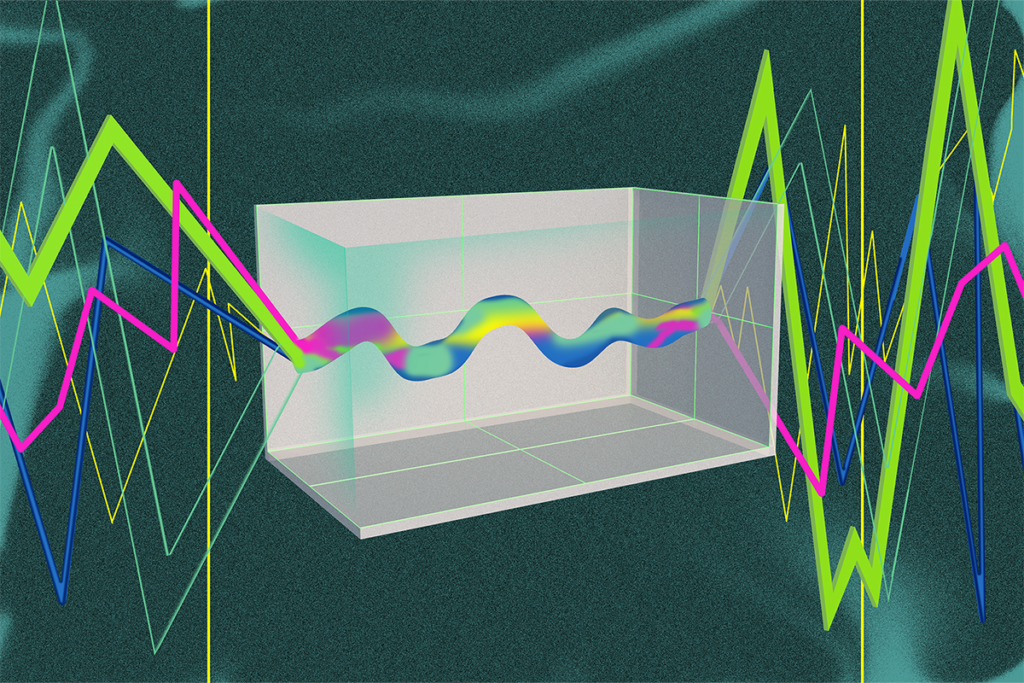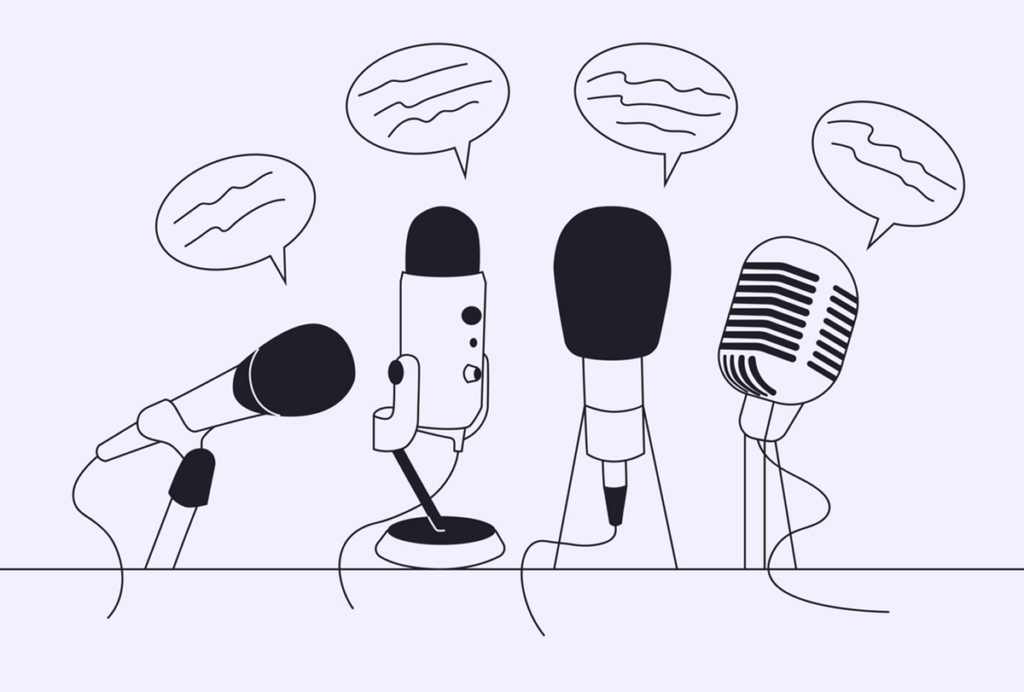The Transmitter
From this contributor
Roundup: The false association between vaccines and autism
In light of Robert F. Kennedy Jr.’s U.S. Senate confirmation hearings this week, The Transmitter has rounded up our past coverage of the false association between vaccines and autism.

Roundup: The false association between vaccines and autism
The Transmitter’s favorite essays and columns of 2024
From sex differences in Alzheimer’s disease to enduring citation bias, experts weighed in on important scientific and practical issues in neuroscience.

The Transmitter’s favorite essays and columns of 2024
The Transmitter’s favorite podcasts of 2024
Our picks include a deep dive into dopamine, the role of PKMzeta in memory, and studying the stomatogastric ganglion.

The Transmitter’s favorite podcasts of 2024
Say what? The Transmitter’s top quotes of 2024
“We’ve cured mouse-heimer’s thousands of times...”—find out who said this to a Transmitter reporter, and read our other favorite quotes from the past year.

Say what? The Transmitter’s top quotes of 2024
In case you missed it: Standout news stories from 2024
These five stories—on the pregnant brain, a failed imaging method and more—top our list of some of the most notable neuroscience research findings this year.

In case you missed it: Standout news stories from 2024
Explore more from The Transmitter
Functional MRI can do more than you think
Recent technological advances provide a range of new and different information about brain physiology. But taking full advantage of these gains depends on collaboration between engineers and neuroscientists.

Functional MRI can do more than you think
Recent technological advances provide a range of new and different information about brain physiology. But taking full advantage of these gains depends on collaboration between engineers and neuroscientists.
As federal funders desert mentorship programs for marginalized students, trainee-led initiatives fill the gap
Grassroots organizations, led by graduate students and postdoctoral researchers, are stepping up to provide neuroscience career training and guidance for students from marginalized backgrounds—and they need your support.

As federal funders desert mentorship programs for marginalized students, trainee-led initiatives fill the gap
Grassroots organizations, led by graduate students and postdoctoral researchers, are stepping up to provide neuroscience career training and guidance for students from marginalized backgrounds—and they need your support.
Split gene therapy delivers promise in mice modeling Dravet syndrome
The new approach overcomes viral packaging limitations by delivering SCN1A piecemeal and stitching it together in target cells.

Split gene therapy delivers promise in mice modeling Dravet syndrome
The new approach overcomes viral packaging limitations by delivering SCN1A piecemeal and stitching it together in target cells.